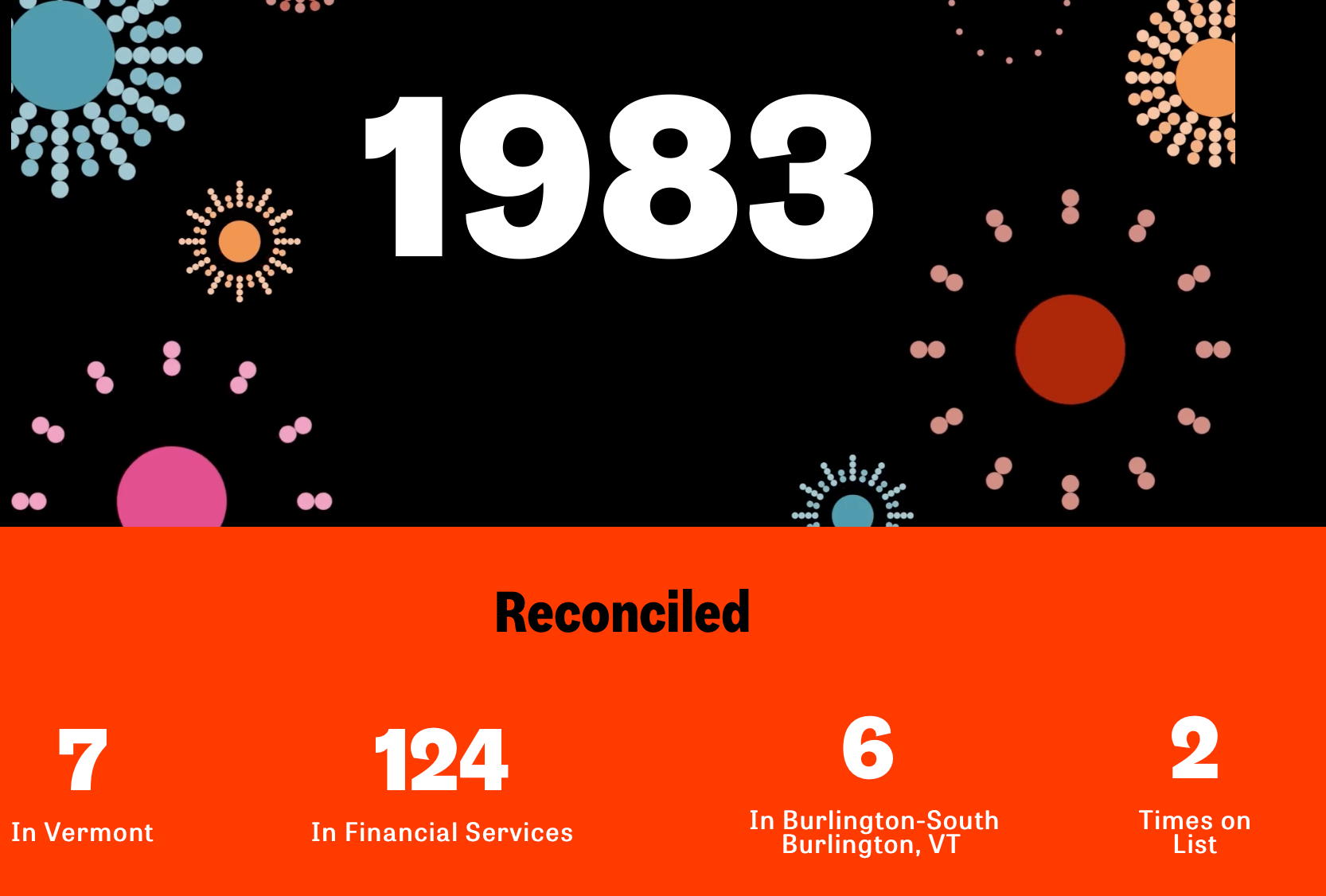802.242.1352
info@reconciled.com
No matter what size or type of business you run, financial statements and metrics are essential for decision-making. While you probably have a basic understanding of financials, you may not know what needs to happen to keep your business’s financial health in check.
Many entrepreneurs neglect to review their financial statements until tax time. But scheduling time for a monthly review and analysis of some key financial reports can help to:
- Clarify long and short-term business goals
- Understand the liquidity of your business
- Understand your break-even number
- Adjust business activities to stay on budget
- Ensure you have money for emergencies
- Create budgeting plans and forecasts for growth
At first glance, financial statements may seem intimidating. These days, it’s easier than ever to generate automated reports from online accounting programs like Quickbooks.
Here are the top 5 financial statements that entrepreneurs should review regularly for a consistent and clear understanding of company performance.
1. Income Statement
The income statement is also known as a profit and loss (P & L) statement. This report offers an overview of income generation, but it can also help you:
- Analyze your net income or loss over a specified period of time
- Analyze and assess your overall risk for stakeholders and creditors
- Clarify details about expenses, operating costs, and revenue
- Calculate gross and net profits
The key here is to practice looking beyond the basic numbers on the statement. This report allows you to take a more in-depth look at your overall spending and revenue patterns and get a sense of how longer-term trends could impact your business.
2. Budget Versus Actual
This report compares your actual current income levels to your projected budget, offering a big-picture glimpse of how well you are meeting your target goals within a certain time frame.
Your budget versus actual lets you look at spending versus revenue patterns, where you are meeting your target budgeting goals, what moves might be the most profitable in the coming period, and where you may need to reduce spending to stay on track.
3. Balance Sheet
Your budget versus actual lets you look at spending versus revenue patterns, where you are meeting your target budgeting goals, what moves might be the most profitable in the coming period, and where you may need to reduce spending to stay on track.
Your balance sheet is an essential overview of accounts, assets, and liabilities, representing your basic accounting equation: assets + liabilities = equity. When you review your balance sheet, you’ll be looking at items such as short-term assets and liabilities, and making sure you have enough to cover accounts payable.
The balance sheet gives you an overview of the overall financial position of your company, as well as the types of resources available for financing purposes. Reviewing the balance sheet will help you get clear where you stand with debts and assets so that you can stay in good standing with creditors.
4. Cash Flow Statement
You can think of your business cash flow patterns in a similar way as keeping cash on hand in your wallet in case of emergencies. Cash has a defined value and can be used immediately; its purpose is more linked to immediate earning and spending actions than longer-term debts, assets, or equity.
The cash flow statement offers an important glimpse of your liquidity. You need to make sure you have enough liquid cash on hand to cover short-term and immediate payments rather than relying on credit or accounts. Your cash flow statement also sends important messages to potential creditors or shareholders about the overall performance of your business.
What do all the numbers mean?
While you won’t necessarily know how to manipulate numbers without a little practice, the main thing is that you get used to reviewing numbers monthly instead of waiting for tax season . Staying on top of things throughout the year allows you to make adjustments based on month-to-month fluctuations, and budget wisely for unexpected changes or emergencies.
If you’re not accustomed to managing your own accounting, you may feel overwhelmed looking at these numbers. A good accountant should go the extra mile and help you understand how to use financial statements to guide business decisions.
Find Peace of Mind
“The truth is that no entrepreneur or business owner succeeds by doing less overall. Success means doing less of the things that don’t meet your true value and doing more of the things that do.” ~ Michael Ly, CEO
As an entrepreneur, you are probably already spreading yourself too thin, and shouldn’t spend your time trying to do everything . That’s why we recommend getting assistance understanding, analyzing, and managing to account for your business.
If you want help creating a realistic budget and managing your taxes, getting a better read on your e-commerce finances, or analyzing your financial statements, we offer affordable, flexible solutions.
The post 4 Financial Statements Every Entrepreneur Should Review Monthly appeared first on Reconciled.
Recent Posts




©2024 Reconciled | All rights reserved Terms | Privacy Policy | Careers



